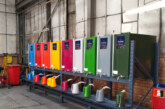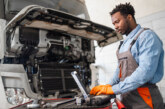Addressing tyre maintenance FAQs
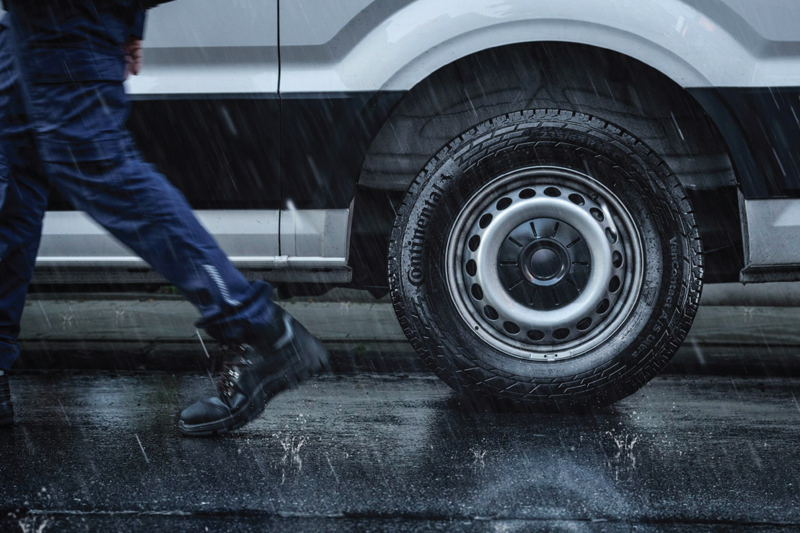
To help raise awareness of important tyre maintenance topics amongst LCV operators, Steve Howat, general manager, technical services at Continental Tyres, addresses some frequently asked questions.
If you drive or operate a van to support a business, it’s vital, that you take the time to ensure your tyres are safe and suitable for the task at hand. Sadly, however, the use of illegal van tyres remains an issue for the sector. Statistics gathered by the UK tyre safety charity TyreSafe, as part of its 2023 tread depth survey, reveal that almost 18% of van tyres were found to be below the 1.6mm legal tread depth limit at the point of replacement.
Is there a difference between car and van tyres?
Put simply, yes. Although they may look similar at a glance, a van tyre is specifically engineered for the work it needs to carry out. Not only could it be unsafe to fit a car tyre to a van, but it could also be illegal. A major difference between car and van tyres relates to operating requirements which include the tyre’s load rating – the gross weight that the tyre has been graded to support, durability in both mileage and robustness and inflation requirements.
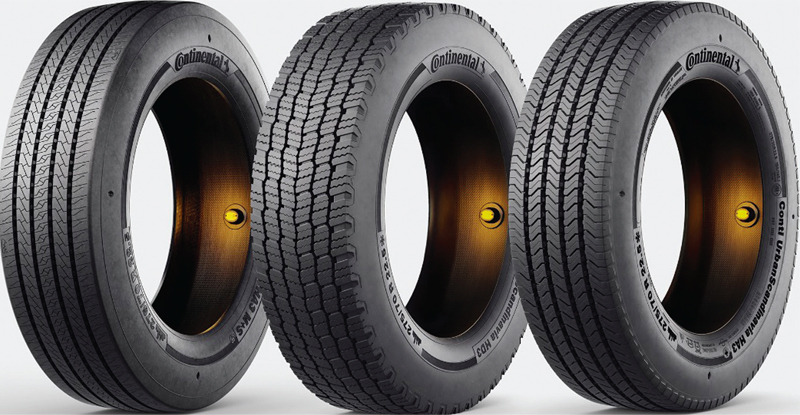
In many cases, the whole purpose of an LCV is to carry heavier, bulkier payloads than would be suitable for a car. The exact same should be said for a van’s tyres, too.
What should I be doing to look after my tyres?
There are some easy steps any owner/ driver can take to look after their tyres. First and foremost, a regular visual inspection cannot be underestimated. Look for damage, especially to the sidewalls, and check for anything embedded in the tread grooves.
Spotting a screw, nail or other puncture-creating object early could be the difference between an inexpensive repair or a replacement tyre. It’s also vital to check your tread depths. If your tyre tread is below 1.6mm, the tyre is not road-legal and must be changed.
A major contributing factor to premature tyre failure is under-inflation. You should regularly check that your tyres are inflated to the manufacturer’s recommended pressures. Don’t just rely on your vehicle’s in-built tyre pressure monitoring system to warn you they’re low, either. Even a few psi short of the recommendation can have an impact on tyre reliability and fuel economy.
What are the consequences of poor tyre maintenance?
As mentioned, low tyre pressures can cause a reduction in fuel economy and cause premature damage to a tyre. It also makes them more susceptible to picking up a puncture. These are just tyre-related issues – think about the cost and business implication of taking the vehicle off the road at short notice and potentially having to let customers down.
Continuing to use a damaged tyre may not only be illegal, but it will significantly increase the risk of a tyre blowout. A blowout happens when there is a sudden depressurisation of the tyre – a bit like popping a balloon. The forces exerted from the explosion can cause fatal injuries to anyone standing in proximity to the tyre and can easily cause a loss of vehicle control if it’s heavily loaded and travelling at speed.
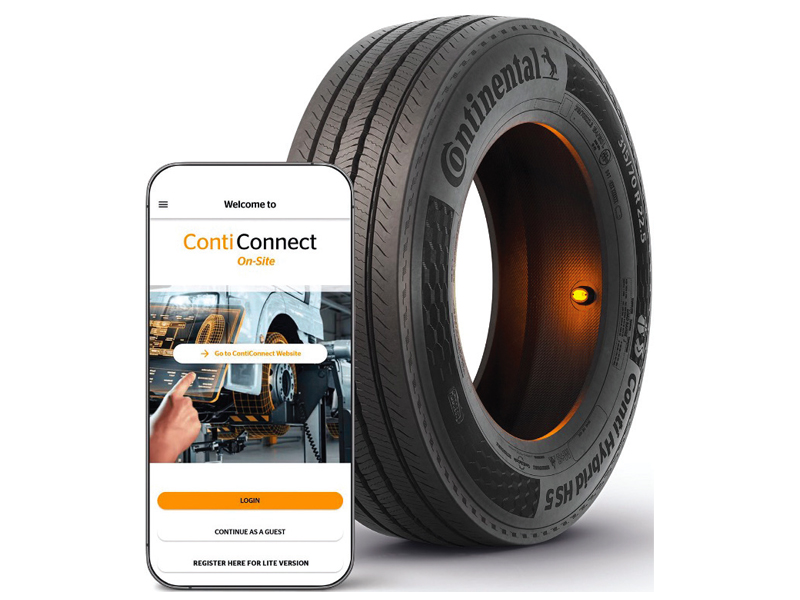
Only connect
ContiConnect Lite from Continental is claimed to provide a a simple and free-of-charge gateway into digital tyre management by enabling access to selected ContiConnect functionalities via smartphone. The new app version is also available for digital tyre monitoring for agricultural, earthmoving and port operation tyres.
ContiConnect Lite helps drivers to monitor the condition of their tyres. This brings added value, in particular for smaller fleets using intelligent tyres or Gen2 sensors. No additional hardware is required to use ContiConnect Lite.
After the self-registration is complete, the vehicle can be modified and connected via Bluetooth. This then also enables access to a limited version of the ContiConnect On- Site App. In total, five vehicles and three users can be registered free of charge.
When tyre sensors identify a change in pressure or temperature, drivers are alerted via push notification, enabling immediate action. The real-time data from the tyres enables predictive tyre maintenance, cuts costs, saves energy and reduces emissions.
Continental claims to be the first manufacturer to offer an entire family of tyres with sensors, allowing it to continue driving forward to fleet digitalisation. Smart tyres additionally help users to ensure efficient vehicle operation with lower costs during the mobility and energy transition.
For example, the Conti Urban bus tyre is a specialist in mastering the demands of urban traffic. Customers can choose from the Conti Urban HA3, Conti UrbanScandinavia HA3+ and Conti UrbanScandinavia HD3 – all of which are intelligent.
The various ContiConnect digital solutions are a boon for efficient fleet management. Integrating the new Conti Urban tyre into the ContiConnect digital tyre management platform enables both city and public transport operators to provide a dependable, efficient, and eco-friendly public transportation system.






